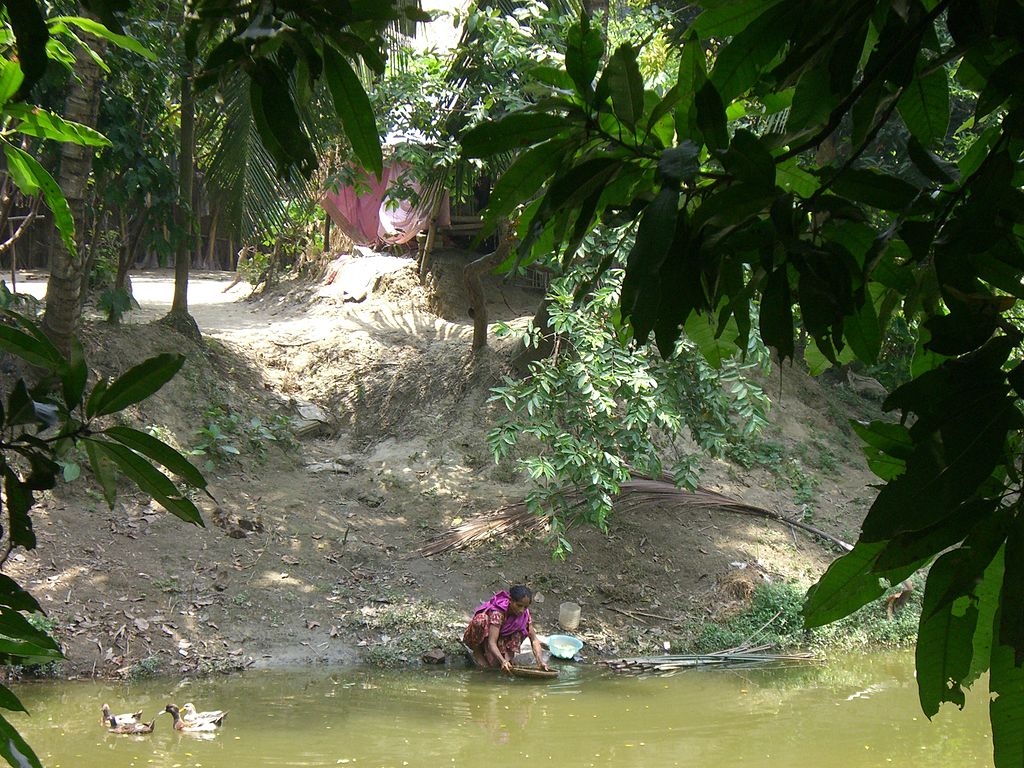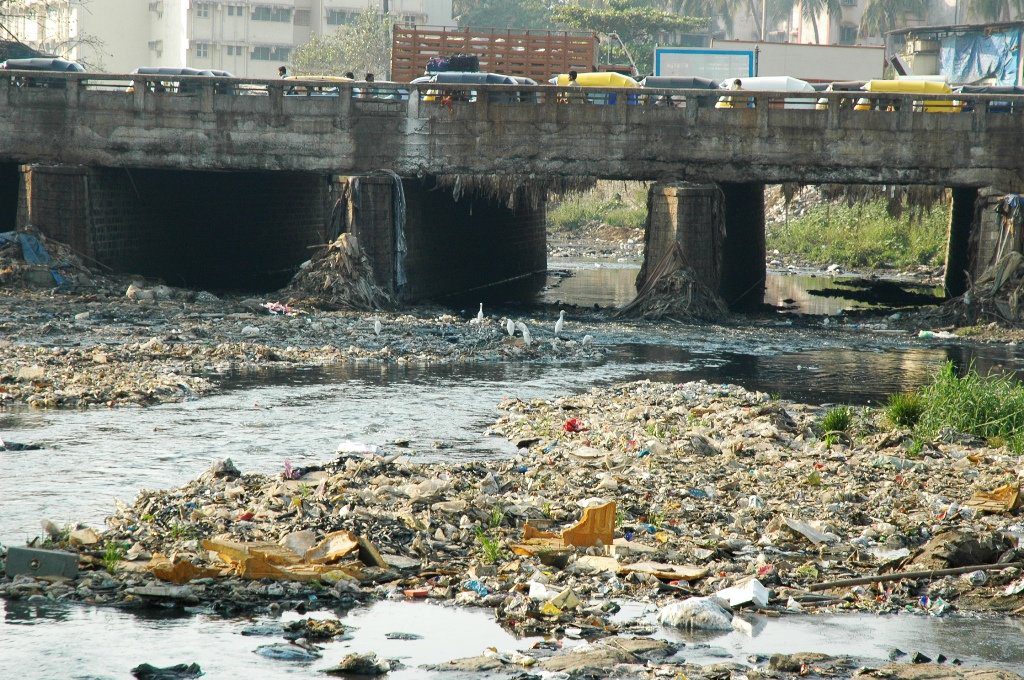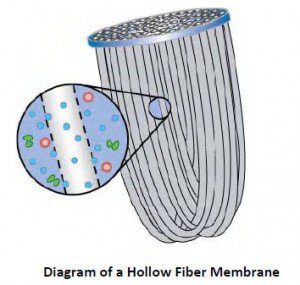News
Water: Naturally Simple, Often Deadly
Woman Washing at Water’s Edge, Bangladeshi Village. Photo by Thyme28 [CC BY-SA 3.0 (https://creativecommons.org/licenses/by-sa/3.0)], via Wikimedia Commons
In chemical terms, water is simple—two hydrogen atoms and a single oxygen atom, all connected by covalent bonds.
But for many people in developing countries, the water they have for personal and household use is compromised by other elements: microbes like bacteria and parasite, plus heavy metals like mercury, arsenic and flouride. Drinking it, bathing in it, and washing clothes or cooking with it frequently causes illness and spreads disease.
Something so essential for life shouldn’t carry the risk of death. That’s why Water for Life water filters—designed to remove up to 99.99997% of bacteria, parasites and other contaminants from ground water—are so important to people in impoverished areas.
What’s in the water?
Water is not just for drinking, of course. People travel on water and use it to ship raw materials and other goods to markets around the world. These vessels discharge fuel exhaust and human waste into the water on their journeys.
Water also serves as a dumping ground in many places, especially in the developing world where there is no regulation or enforcement of environmental laws and infrastructure is weak or non-existent.
That leaves many water sources that people rely on vulnerable to contamination. The World Water Assessment Programme reports the most common pollutants found in the world’s water sources are microbes, nutrients, heavy metals, organic chemicals, oil and sediments.
Consider these alarming statistics from the United Nations and U.N. Water:
- Eighty percent of sewage waste in developing counties is discharged untreated into waterways and other bodies of water.
- Up to 400 metric tons of industrial waste each year ends up in the world’s water system.
- Nitrate is the most common contaminant of ground water supplies, primarly from agricultural activities.
It’s easy to see why travelers to these developing nations are told “not to drink the water”. The people who live in these communities shouldn’t drink it either. Unfortunately, these contaminated sources are usually their only supply of any water for drinking or other personal uses. Deadly diseases are just a fact of life.
What’s not in the water?
But the Water for Life organization and their mission partners are working to change that. Their solution is the delivery of small, simple, and easy-to-use filters that are capable of screening out virtually all bacteria, parasites and other contaminants to make water safe and clean for people everywhere.
The filters are made from hollow fiber membranes with microscopic pores for 0.1 or 0.02 micron filtration. That’s small enough to catch the microbes that cause illnesses common in developing nations such as typhoid, cholera, botulism, and dysentery.
The fiber membranes are “U” shaped tubes that allow water to pass through freely while trapping all contaminants. The design of the filters also permits a high rate of water flow, reducing the need for people in impoverished areas to store water for later use. Plus, the filters are built to be rugged so they withstand backwashing and are sturdy enough to clean regularly and reused.
To get Water for Life filters into the hands of people who need it, the Water for Life organization partners with mission groups who have working community relationships in developing countries. Mission members can carry the filters in backpacks to deliver them to areas where water quality is an issue. These efforts are all supported by donations from caring individuals.
With a small, simple, easy-to-use solution for clean and safe water, Water for Life filters are saving thousands of lives worldwide and promoting healthier living conditions for people in impoverished areas.





